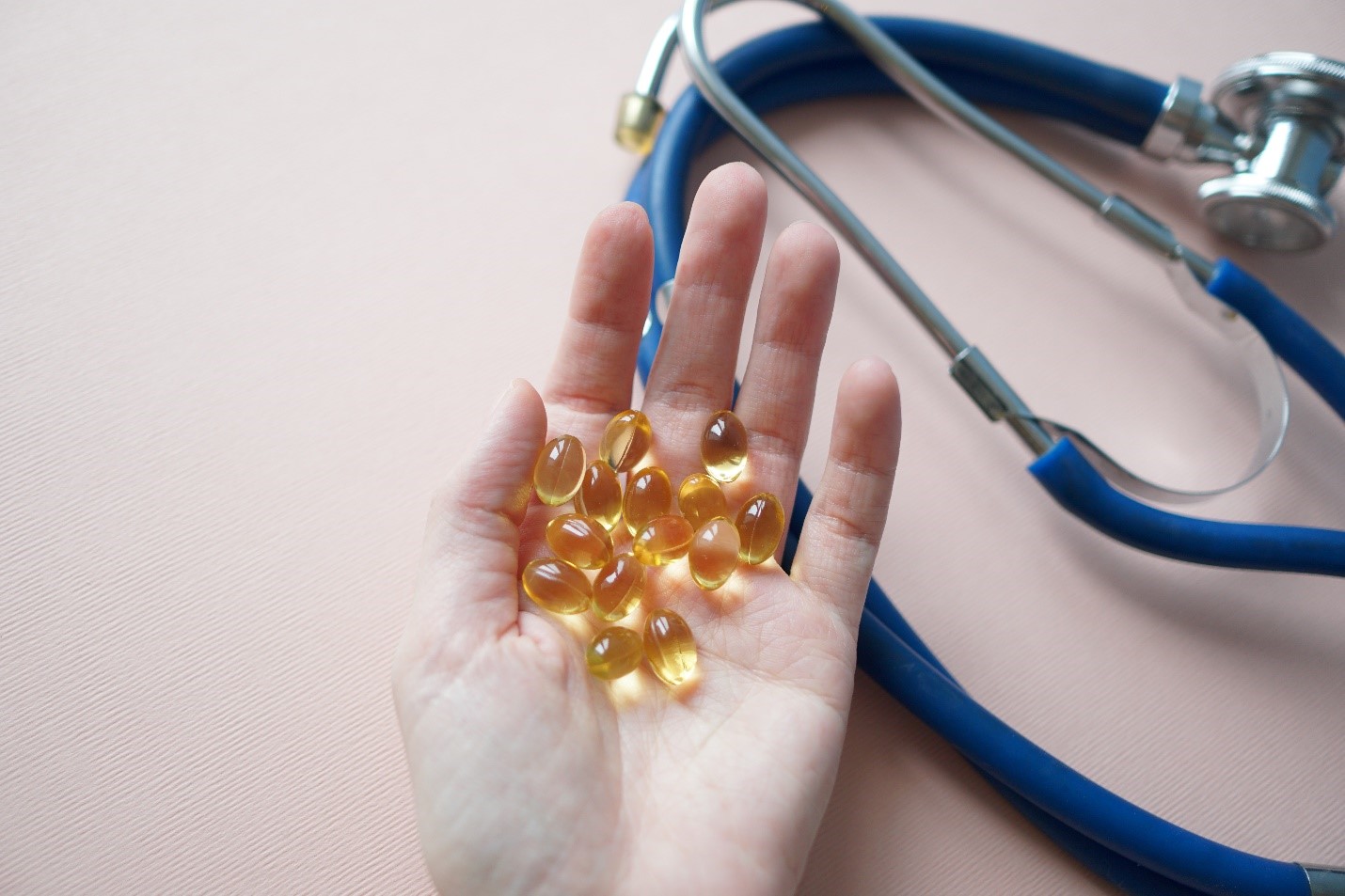GLUTAMINE SUPPLEMENTATION TO LIMIT MUSCLE WASTING AND IMPROVE RECOVERY AFTER SURGERY

What is glutamine?
Glutamine (also known as L-glutamine) is the most abundant of the 20 amino acids (building blocks of proteins in our cells and tissues) in the bloodstream, representing about 20% of the total free amino acids pool. In tissues, such as the liver and the skeletal muscles, glutamine concentration is even higher than in blood, representing about 40% to 60% of the total amino acid pool.1 Under normal metabolic conditions, glutamine is considered a non-essential amino acid, meaning that it can be readily made by the human body and dietary intake is not necessary. However, under conditions of stress and catabolic states (when you’re in a catabolic state, you’re breaking down or losing overall body mass, both fat and muscle), such as surgery, trauma, injury and sports, glutamine becomes an essential amino acid since the capacity for production by the human body alone is exceeded. Thus, glutamine is classified as a conditionally essential amino acid.
What are the functions of glutamine?
Glutamine has several roles as a consequence of its metabolic, enzymatic, antioxidant, and immune properties. It serves mainly as a precursor in the synthesis of other amino acids and glucose for energy, and thus contributes to the formation of new protein. Glutamine is also an important fuel source for rapidly growing cells such as fibroblasts (cells in connective tissue which produces collagen and other fibers), which are a critical part of wound healing. White blood cells, the body’s primary weapon against infection, also use glutamine as a metabolic fuel. Glutamine utilization by these cells of the immune system has been linked to proliferation of the immune cells, recognition of foreign proteins, cytokine (chemical messengers that amplify the immune response) production, nitric oxide (defense molecule against infectious organism) production, and phagocytosis (ingestion of bacteria or other infectious material by the immune cells).2 Glutamine is also a precursor of glutathione – an antioxidant and a critical cofactor of several enzymatic reactions responsible for stabilizing cell membranes. Finally, glutamine appears to be important in maintaining the integrity of the gut lining. In settings of glutamine deficiency, the lining of the gut can atrophy resulting in greater permeability to bacteria and their toxins.3
Does glutamine supplementation alter outcomes?
in addition to limiting muscle wasting after surgery, when glutamine is used as a supplement to complete nutrition, it has been shown to reduce infectious complications, hospital length of stay, and mortality.4 However, it should be noted that not all studies have shown benefit. Nevertheless, the 2019 Guidelines from the European Society for Clinical Nutrition and Metabolism (ESPEN) continues to recommend the use of intravenous glutamine in burn and trauma patients in the intensive care unit.5 High dose treatment (beyond supplementation to complete nutrition), however, is not recommended.
What is the suggested dose of glutamine?
Glutamine at doses of 20-30 grams/day is generally well tolerated.6
- Cruzat V, Macedo Rogero M, Noel Keane K, Curi R, Newsholme P. Glutamine: Metabolism and Immune Function, Supplementation and Clinical Translation. Nutrients. 2018;10(11).
- Newsholme P. Why is L-glutamine metabolism important to cells of the immune system in health, postinjury, surgery or infection? J Nutr. 2001;131(9 Suppl):2515S-2522S; discussion 2523S-2514S.
- Ren W, Wang K, Yin J, et al. Glutamine-Induced Secretion of Intestinal Secretory Immunoglobulin A: A Mechanistic Perspective. Front Immunol. 2016;7:503.
- Wischmeyer PE. The glutamine debate in surgery and critical care. Curr Opin Crit Care. 2019;25(4):322-328.
- Singer P, Blaser AR, Berger MM, et al. ESPEN guideline on clinical nutrition in the intensive care unit. Clin Nutr. 2019;38(1):48-79.
- Morris CR, Hamilton-Reeves J, Martindale RG, Sarav M, Ochoa Gautier JB. Acquired Amino Acid Deficiencies: A Focus on Arginine and Glutamine. Nutr Clin Pract. 2017;32(1_suppl):30S-47S.